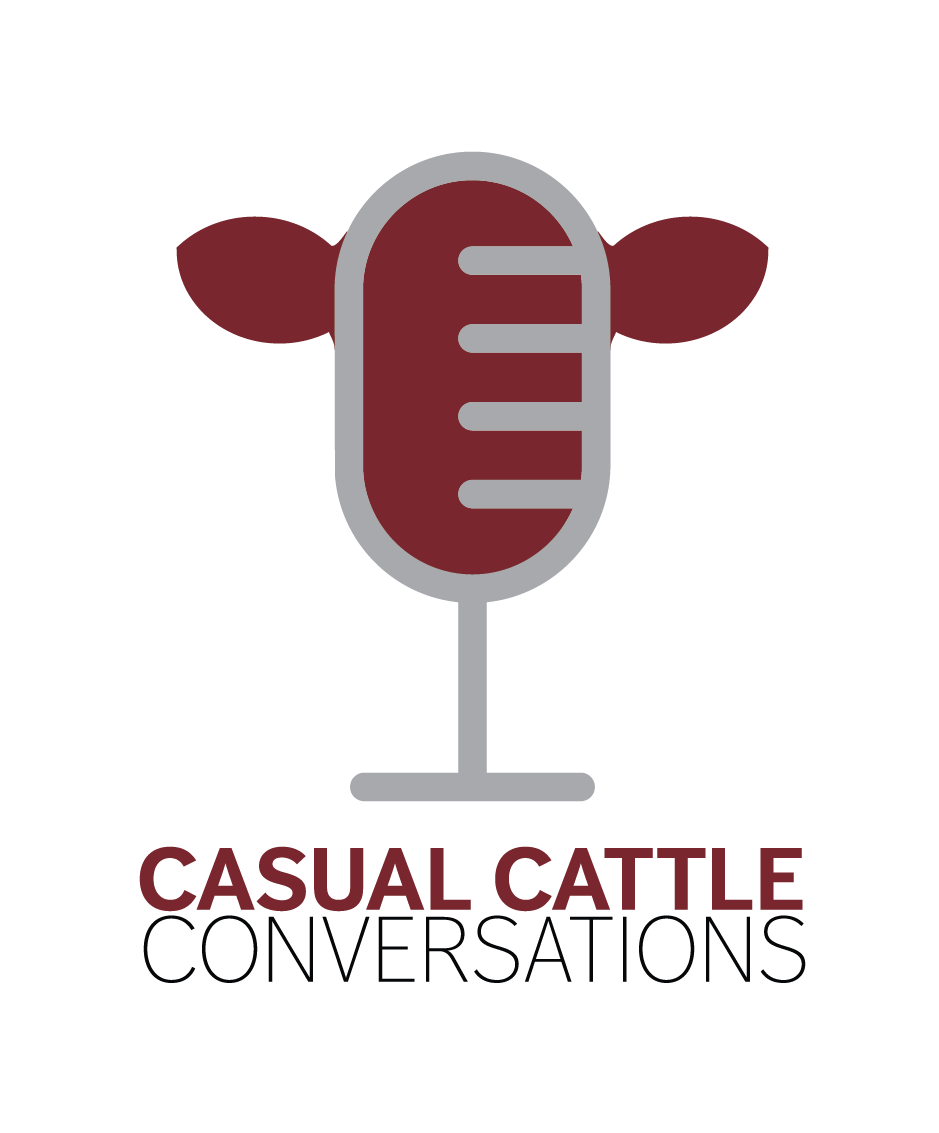Tips for First-Generation Ranchers
Some might say you have to be born into or marry into an agriculture family to get started. But if you truly ask around, you’ll find that’s not always the case.
“I didn’t come from an agriculture background,” says Emma Coffman, a first-generation rancher and beef advocate. “I had to learn everything—from the elementary-level basics to the more advanced technology, information and practices that come with raising beef.”
Coffman got her start in agriculture through livestock shows.
“My mom was military and my dad was in finance,” she says. “I had friends who were showing livestock, and that’s what I wanted to do too.”
She found a producer on her route to and from school who allowed her to keep her livestock in his barn. She did all the work, and he paid the property taxes. Showing cattle, sheep and horses soon turned into a career in agriculture and advocacy.
“God opened a door for me to go to Australia and learn about international livestock systems during college,” says Coffman. “I noticed a lot of important things happening that weren’t being talked about, and that planted the seed for my advocacy journey.”
After returning from Australia, her interests led her to roles in livestock nutrition, feedlot data management, ranch management and genetics.
“The more I learn about the beef business, the more I get addicted to it,” she says.
Today, Coffman applies that passion through her business, Double E Advocacy, and by partnering with other cattle producers.
“I don’t operate on a ranch every single day,” she says. “I partner with other producers on cattle and run it this way for logistical and financial reasons.”
Through her experience, Coffman offers insight for those interested in becoming first-generation ranchers.
“If you want to be in the production realm, that’s a very different track than going into the industry or homesteading,” she says. “It’s a very labor-, financial- and time-intensive business to get into.”
People interested in the beef industry need to understand it for what it is.
“This isn’t a get-rich-quick scheme. You are buying into the industry and the lifestyle,” she says.
Once you do make the leap, financial literacy is the biggest factor in long-term success.
“The first thing I’d say is you need to understand the numbers,” says Coffman. “Buying the property isn’t enough. You need to have a business plan, and you need to have a target goal for what product you’ll sell.”
And the product should be quality-driven.
“I’m a big believer in quality over quantity—whether that’s forage, nutrition, genetics or facilities,” she says.
Relationships, she adds, are just as important.
“If you’re trying to get into this industry, it comes down to relationships,” says Coffman. “The people in the livestock industry will treat you like family if you invest in those relationships, and that’s irreplaceable.”
But not every relationship is the right one.
“You need to know who you’re doing business with,” she says. “Not every potential partner should be your partner.”
Outside of finances and relationships, success becomes personal.
“Just do it. Believing in myself was the hardest part in the beginning,” Coffman says. “But the reality is, we’re all learning and failing—regardless of whether we have the background. If you’re open to learning and determined, you’ll go farther in life than you can ever imagine.”
You can listen to Emma’s full story and advice on the Casual Cattle Conversations podcast.

